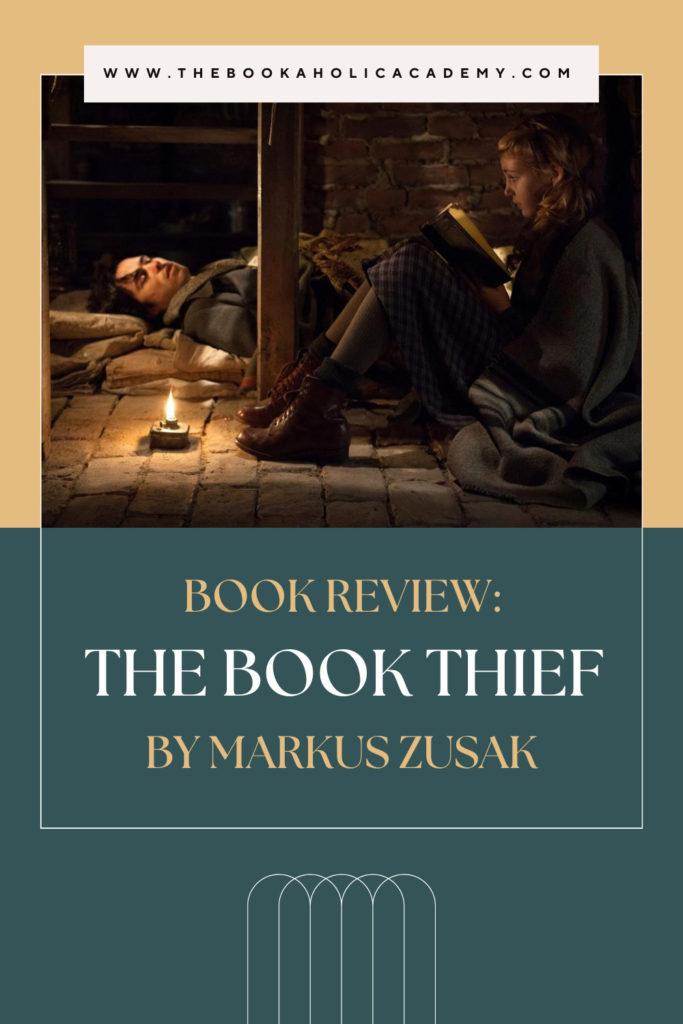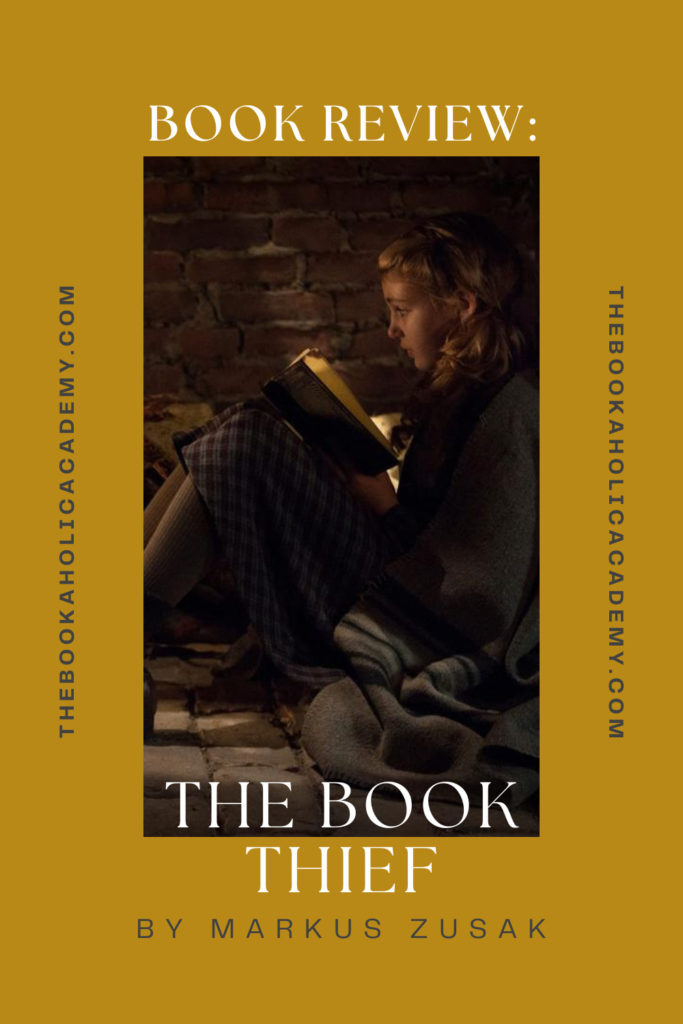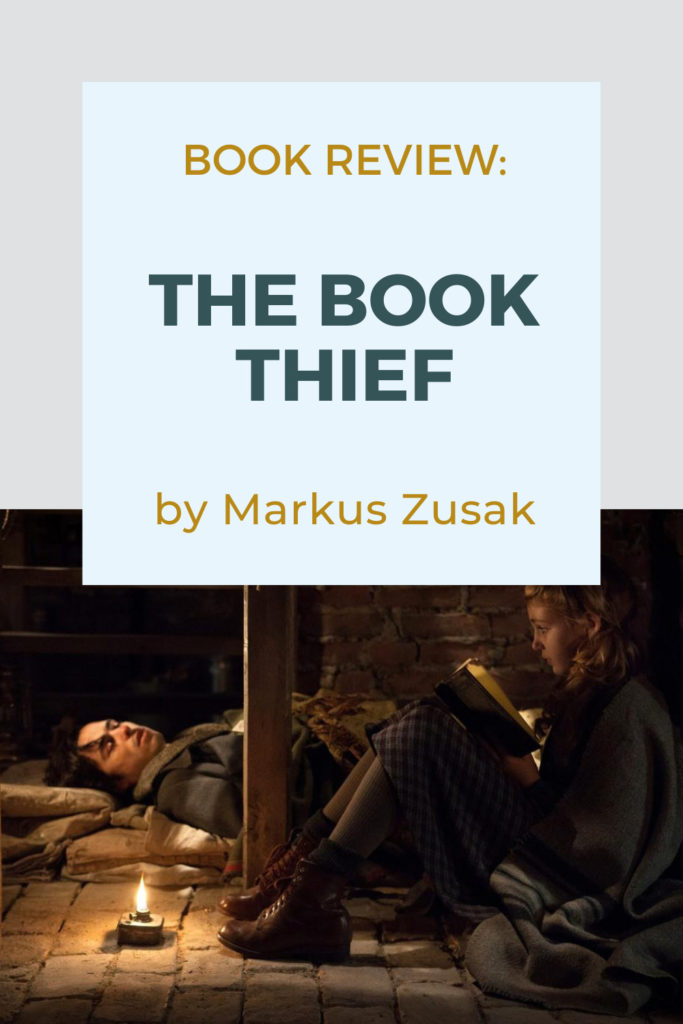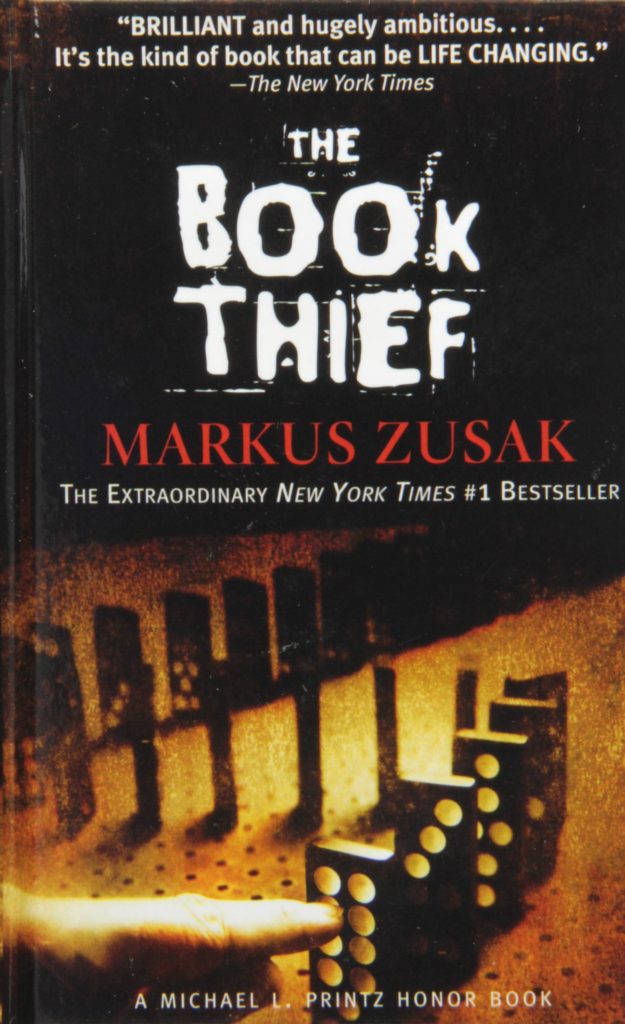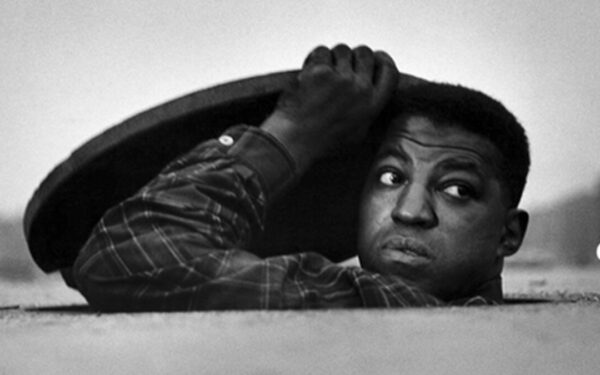Book Review: The Book Thief by Markus Zusak

Disclaimer
This post may contain affiliate links. I will make a small commission if you make a purchase through one of these links, at no extra cost to you. See full disclosure and disclaimer policy HERE.
If you’re on the hunt for a heart-touching yet gripping read, “The Book Thief” by Markus Zusak should be on your radar. This isn’t just a story; it’s an emotional tapestry woven intricately with words that paint vivid pictures in your mind.
Table of Contents
Plot Summary | Spoiler Alert |
The Book Thief is set in Nazi Germany during World War II. The story revolves around Liesel Meminger, a young girl who is sent to live with foster parents, Hans and Rosa Hubermann, after her mother is unable to care for her. The novel is narrated by Death, who provides a unique perspective on the events that unfold.
Liesel develops a deep love for books and words, learning to read with the help of her foster father, Hans. Her bond with Hans grows stronger through their shared love of stories. Despite the oppressive atmosphere of the war, Liesel finds solace in books she steals, borrows, or receives.
As Liesel adapts to her new life, she forges friendships, including one with Rudy Steiner, a boy in her neighborhood. Their friendship becomes a source of support and companionship amidst the hardships of war.
The narrative delves into the struggles faced by ordinary Germans during this tumultuous period, highlighting the impact of war on families, relationships, and individuals. Through the lens of Liesel’s experiences, the novel explores themes of love, loss, resilience, and the power of storytelling in the face of adversity.
The Book Thief captures the essence of human resilience and the enduring power of hope, even in the darkest of times, weaving a poignant and emotionally impactful story that resonates with readers long after the book is finished.
Exploring The Depths: Characters And Themes
Zusak’s characters are flawlessly imperfect, bringing an authentic and relatable vibe to the narrative. Liesel, with her resilient spirit, and Hans, with his compassion and kindness, capture your heart from the outset.
The book delves into several profound themes that resonate throughout the narrative:
- Power of Words and Books: Central to the story is the transformative power of words and storytelling. Liesel’s love for books becomes a means of escape and a source of solace amidst the chaos of war, illustrating the ability of words to provide comfort, inspiration, and healing.
- Resilience in Adversity: The novel explores the resilience of the human spirit, particularly in the face of adversity. Characters like Liesel and her foster father, Hans, exhibit remarkable strength and courage despite the challenging circumstances, emphasizing the ability of individuals to endure and find hope amid turmoil.
- Loss and Grief: Set against the backdrop of World War II, the book deals with themes of loss, grief, and the harsh realities of war. It navigates the emotional toll of losing loved ones and the struggle to cope with the trauma and devastation caused by conflict.
- Humanity and Compassion: Amidst the horrors of war, the story highlights moments of humanity and compassion. Characters like Hans demonstrate kindness and empathy, showcasing the importance of small acts of goodness and humanity in times of darkness.
- Identity and Belonging: Liesel’s journey of self-discovery and her sense of belonging are significant themes in the novel. Her search for identity and finding her place in a world torn apart by war reflects the universal quest for belonging and understanding one’s own identity.
- The Impact of War on Innocence: The narrative explores how war impacts the innocence of children and the way they perceive the world. It raises questions about the loss of innocence and the harsh realities that children are exposed to during times of conflict.
These themes intertwine throughout the story, weaving a rich and emotionally poignant narrative that explores the complexities of human experience during a tumultuous period in history.
A Linguistic Marvel: Writing Style And Unique Narration
What sets The Book Thief apart is Zusak’s extraordinary writing style. The narrative voice of Death adds a unique perspective, offering profound insights and creating an unforgettable reading experience.
The writing is bursting with rich imagery, metaphorical language, and poignant prose, keeping you engaged and immersed throughout.
Emotional Rollercoaster and Thought-Provoking Moments
As you flip through the pages, prepare for an emotional rollercoaster. Laughter and tears intertwine as the story unfolds, tugging at your heartstrings. Through its powerful storytelling, The Book Thief prompts introspection on the essence of humanity, the devastation of war, and the endurance of the human spirit in the face of adversity.
RELATED:
The Top 10 Must-Read WWII Historical Fiction Novels
Conclusion
In conclusion, The Book Thief isn’t just a book; it’s an emotional journey that stays with you long after you’ve turned the final page. Markus Zusak’s compelling storytelling, coupled with the unforgettable characters and profound themes, makes this a must-read for anyone seeking a captivating and soul-stirring literary experience.
FAQs
Did you like it? Pin this post for later!
